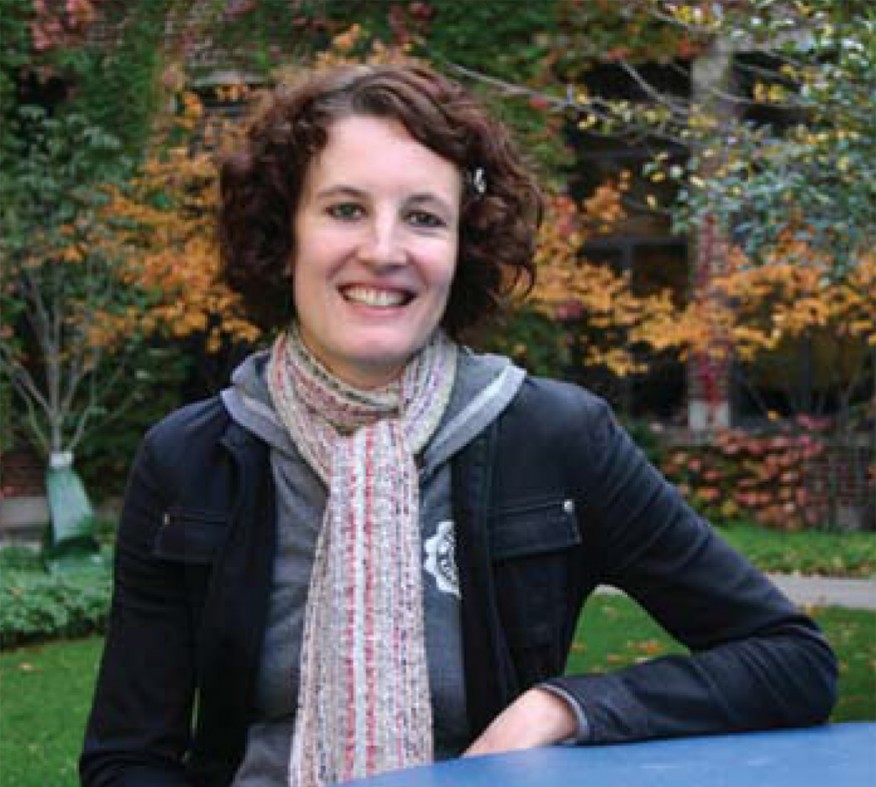Ask Shannon Ellis what her favorite part of social work is, and she unhesitatingly replies, “Doing outreach and engaging with people, meeting them where they are.” “Outreach” is a key word to Shannon, who has been involved in community outreach and service even before she came to the School of Social Work.
Growing up, Shannon had a number of social workers as role models; her mother was a social worker for the state of Michigan, and several of her aunts were social workers as well. Though she expected to become a massage therapist, simultaneous positions at Yellow Brick Road, a youth street outreach program in Portland, Oregon, and the United Cerebral Palsy Association of Oregon and Southwest Washington turned Shannon’s interest to social work.
Shannon spent the next ten years in social work positions, most often working to help homeless young people. “I did a large amount of street-level outreach to people who are homeless, which required skills of engagement and a good knowledge of resources for people who are homeless.” She then decided to pursue a master’s degree in social work at the University of Michigan because “I wanted to learn more about the theories underlying my work and to increase my professional skills in order to become a stronger social worker.”
In particular, Shannon credits her field placement at Southwest Counseling Solutions in southwest Detroit as being one of the most useful aspects of her studies in the School of Social Work. She started her internship there on an Assertive Community Treatment (ACT) team, where “I would visit people in their homes, take them to appointments, refer them for any necessary additional services to get their basic needs met, facilitate a recreation group, and keep team members in the loop as far as any ongoing issues.” Shannon also joined another outreach team that goes to soup kitchens and shelters to try to find people who could be helped by the services offered by Southwest Counseling Solutions.
Shannon is by no means the only School of Social Work student placed with a nonprofit organization created to help alleviate the effects of poverty, homelessness, or mental health issues in the community. The School of Social Work has a tradition of field placement and involvement, with the bulk of field placements in southeast Michigan, although some placements are available across the country and even internationally. All students must complete 912 hours in their field placements, and over 300 students receive new field placements each year. Any student interested in serving people or families suffering from poverty has a choice of multiple field placements for which they may apply, of which Southwest Counseling Solutions is one example.
One of the most important things about Southwest Counseling Solutions, Shannon says, is that the programs there “assertively engage with individuals who have multiple barriers to obtaining necessary support services” so that the people most in need of help can get the help they need. Shannon sees the homeless people she helps as having “many hidden talents and strengths. Society values certain things and fails to recognize the survival skills and intelligence required to survive on the streets.”
After receiving her degree, Shannon is interested in doing more work with homeless people or people with a history of homelessness. She would enjoy being a member of an ACT team again, but in whatever job she pursues, she wants to be sure that her duties involve some type of outreach activities.
“True social workers are social workers 24 hours a day,” Shannon says. “In addition to being a profession, social work is a lifestyle.”
—Amber Michele Gray is a freelance writer living in Ann Arbor.
